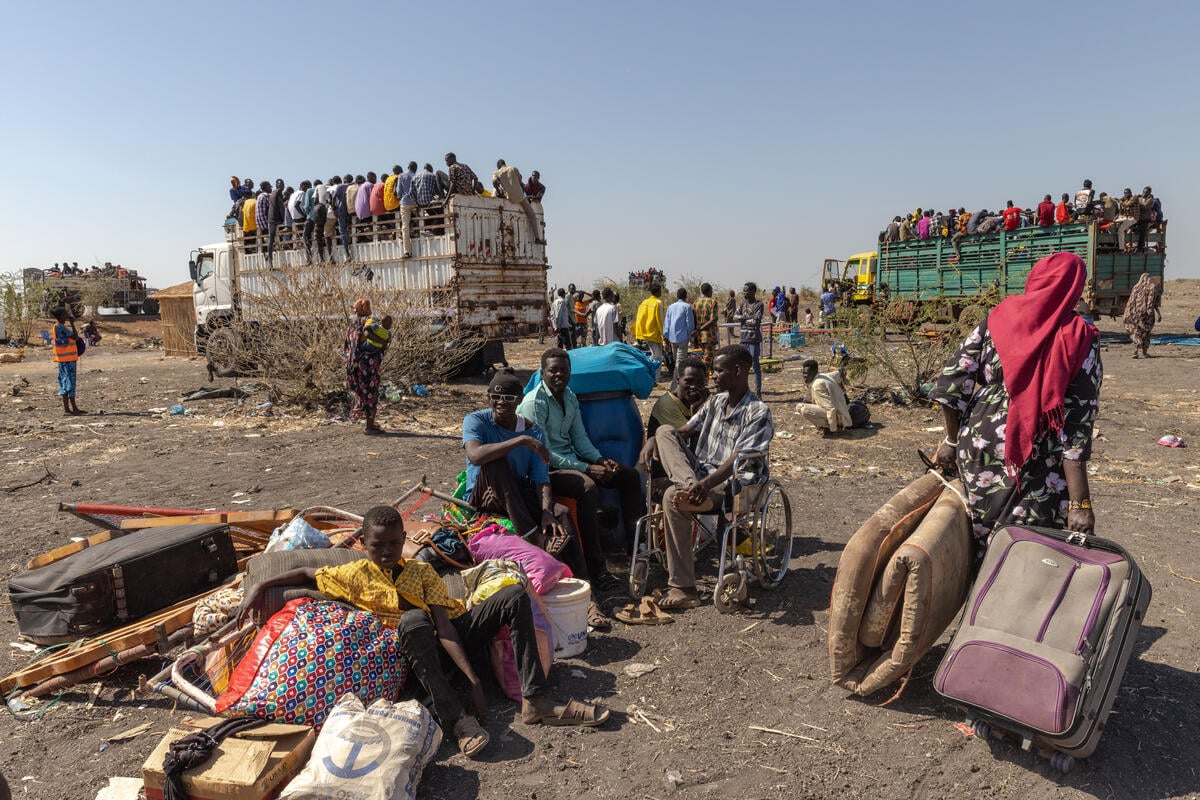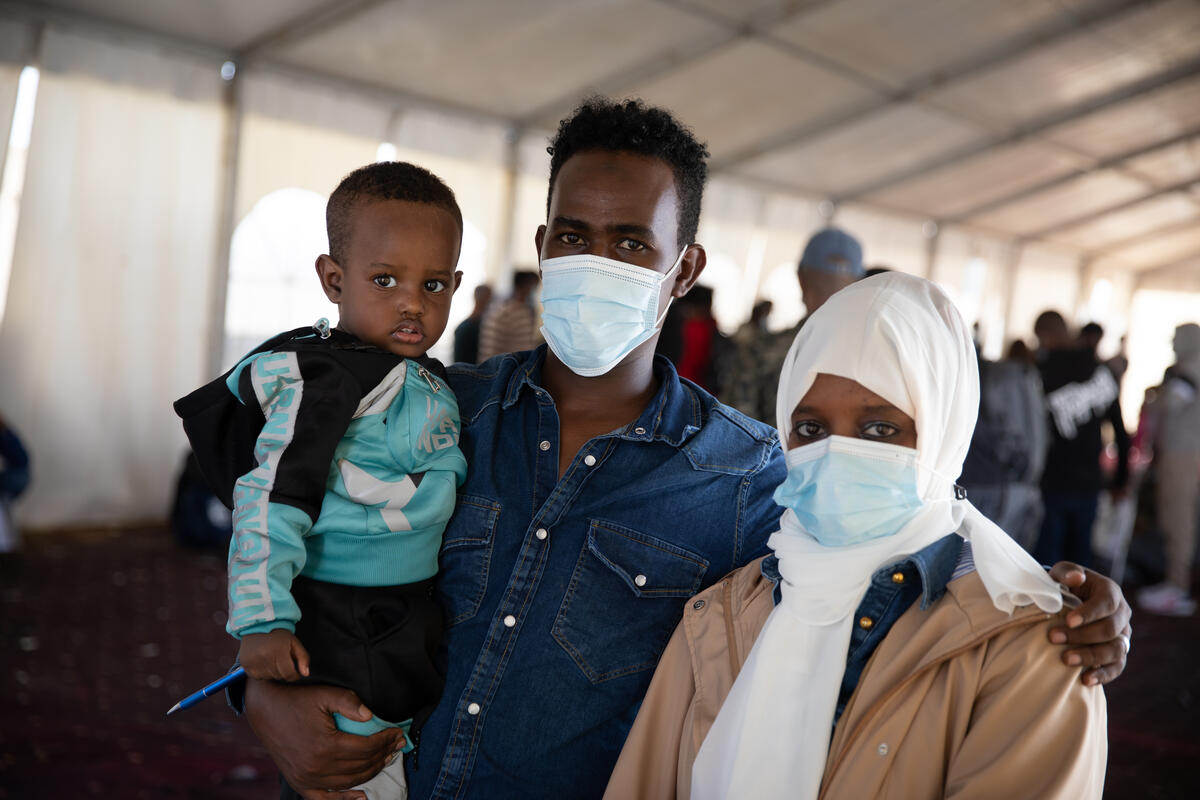Upsurge in Libya fighting triggers new displacement
Upsurge in Libya fighting triggers new displacement
In Libya, an upsurge in fighting since the start of the year across several towns and cities in the east, including Benghazi, has sparked more displacement. Many people have had to flee for a fourth or fifth time, making numbers hard to estimate. Nonetheless, in Benghazi alone the local council is reporting that around 90,000 people there are unable to return home.
The displacement has been centred around Benghazi, Derna, and near the Gulf of Sidra in Ben Jawad and Ras Lanuf. This is just one of the areas of Libya seeing people in mass flight. Across the country we estimate that approximately 400,000 people are displaced. In addition, Libya is host to nearly 37,000 refugees and asylum-seekers of different nationalities whose humanitarian conditions are increasingly precarious.
Near Tripoli in the west, NGOs and the local council estimate some 83,268 people are living in settlements, schools and abandoned buildings. Many are unable to access education for their children, lack of health care and limited ability to access cash for food.
Most people have been displaced for over 3 to 6 months with increasing numbers being hosted in public facilities such as schools. As their cash savings dwindle they are unable to pay for housing rentals. The winter months are especially tough as temperatures in Tripoli, Benghazi and the Southern towns are below 10 degrees Celsius.
In southwest Libya, internally displaced people from the town of Awbari are facing difficulties in their daily lives as services have been severely disrupted by ongoing fighting between rival tribal groups. The current fighting has meant that schools, hospitals and markets remain completely inaccessible. Shortages of fuel, electricity, water and food are being reported by local crisis committees and NGOs who say 18,492 people from Awbari are currently displaced in 6 towns: Sabha, Wadi Shati, Jufra, Ghat, Murzuq, and Lewenat.
In the past 7 months, UNHCR has distributed winter- and non-food items to 27,940 people in Tripoli and other western cities, including to members of the Tawerghan community displaced since 2011. On 5 January, in partnership with the Tomazeen NGO in Libya, UNHCR delivered non-food items such as sleeping mats, plastic sheets, and kitchen sets to 150 displaced families in the Southern towns of Ghat, Lawenat and Tahala targeting the most vulnerable families.
For more information on this topic, please contact:
- In Tunis, Fern Tilakamonkul on mobile +218 92 850 9280
- In Geneva, Adrian Edwards on mobile +41 79 577 9120
- In Geneva, Francis Markus on mobile +41 79 301 1966









